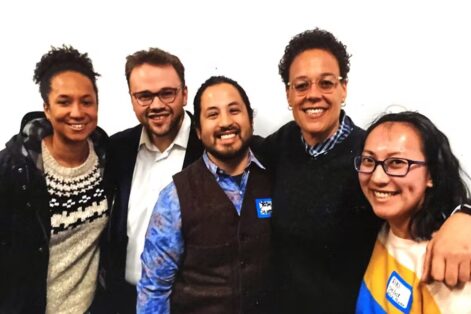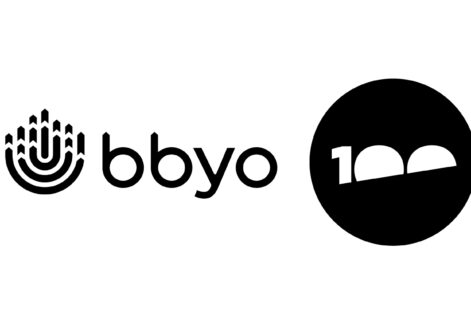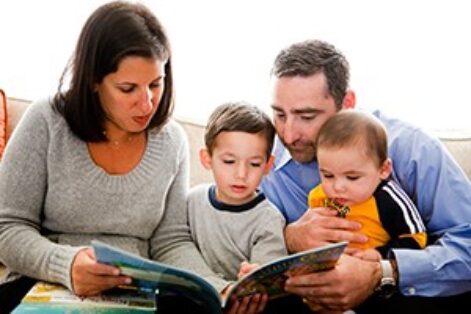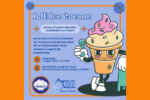Conflict is inevitable. All couples will encounter conflict in their relationship at various points. Oftentimes It is not about the particular conflict itself, but how couples take steps to handle it. A world renowned couples therapist, named John Gottman, famous for his extensive evidence based approach to couples therapy, conducted research on couples for 30+ years. When it came to conflict resolution, he described what he named the ‘masters’ and the ‘disasters’ in romantic relationships.
Some differences he discovered in his research between the two were that the ‘masters’ at solving conflict were often the ones who were able to make jokes during problem solving, maintain respect for their partner, and hold back from criticizing or blaming their partner. The so-called ‘disasters’, were the ones who were using criticism and contempt towards one another during conflict, blaming, and saying the first thing that came to mind. What Gottman also found in his research was that not all conflicts are the same, and each partner may have a hidden agenda behind the conflict that they are trying to solve.
There are many techniques for solving conflict in relationships, but here are some starting steps couples can utilize, to help solve small conflicts, arguments, or disagreements that may come up.
- Set a particular time aside to discuss the matter. Oftentimes in conflict couples can get heated or flooded with emotions in the moment, and say things on impulse. It is also common for a couple to try to discuss the matter during an inappropriate time such as on their way out the door for work. By setting aside a time and place to discuss, it will give each partner time to think before they reflect on it together, and they will both know what to expect. The time and place can be as simple as “Let’s talk about this before dinner at 5pm, in the backyard when we both get home from work.” Setting aside a time and place will help each partner reflect, and not get caught up in the heat of the moment.
- Clearly explain the issue to your partner. Be specific about what went wrong on each end. Each partner can take turns discussing their point of view. This leads into the next step of listing ways each person contributed to the problem. Each partner can take responsibility and take turns stating how they contributed, to help reduce blame on either side. If this problem occurred in the past, the next step would be to discuss unsuccessful attempts in the past to solve the problem. This will help each partner remember what does not work, which can help them brainstorm for different ways to solve the issue moving forward.
- Brainstorm new ways to solve the issue. Each partner can take turns stating a new idea on solving the issue. Then the couple can talk about and evaluate each solution that was discussed. Once the couple has come to an agreement on which solutions to try, the couple can begin to agree and discuss how they can start to work towards the solution. Once the couple decides how they will start to work towards their solution, it is important to remember to make a follow up time in the near future to discuss their progress.
- Reward one another for small steps towards progress. Noticing the little efforts can help each partner feel acknowledged and understood.
All couples have conflict and conflict is inevitable, but these simple, short steps can be useful for relationships to grow on and utilize for future conflicts that may arise. In relationships, couples can constantly learn, grow, and support one another, even through conflict.
This article was written by Rachel Goodman, LAMFT.

Rachel was born and raised in Phoenix, Arizona. She is a Licensed Associate Marriage and Family Therapist (LAMFT) with a Master of Advanced study in Marriage and Family Therapy. Her passion is to support couples in premarital work, conflict management, improving connection and communication, and building a strong foundation. She also loves to help individual women work through challenges they may have in relationships and build a better relationship with themselves.
Rachel believes that all relationships have the ability to grow and change. She works in a collaborative, supportive, and nonjudgmental space with couples and women individuals.
Rachel is Level 1 and Level 2 Gottman Certified, and Prepare/Enrich Certified. She is always looking for ways to further her education so she can best support her clients.
This post has been contributed by a third party. The opinions, facts and any media content are presented solely by the author, and JewishPhoenix assumes no responsibility for them. MORE







































































